In the realm of advanced battery technology, LiFePO4 (lithium iron phosphate) batteries stand out for their exceptional attributes and robust performance. This blog explores the intrinsic advantages of 100Ah LiFePO4 batteries compared to traditional battery types such as lead acid. Through a detailed examination, we will understand why upgrading to LiFePO4 technology is not just a choice but a strategic imperative for enhanced efficiency and environmental sustainability.
Overview of LiFePO4 Batteries
Definition and Importance of LiFePO4 Technology
LiFePO4 or lithium iron phosphate technology represents a significant leap in battery chemistry. Known for its stable chemical structure, this technology provides a safer and more robust alternative to traditional batteries. The inherent stability of lithium iron phosphate mitigates risks like thermal runaway and enhances battery safety, making it a pivotal development in battery technology.
Comparison with Traditional Battery Technologies like Lead Acid
Unlike lead acid batteries, LiFePO4 batteries offer a slew of advantages including a lower environmental impact, absence of heavy metals, and a significantly higher energy density. These attributes make LiFePO4 an environmentally friendlier and more efficient option in energy storage systems.
Understanding LiFePO4 Batteries
The Basics of LiFePO4 Technology
LiFePO4 batteries, also known as lithium iron phosphate batteries, are a unique type of lithium-ion battery that stands out due to their robust and reliable nature. The chemical composition of these batteries includes lithium, iron, and phosphate, each playing a crucial role in their performance and characteristics. The iron phosphate (LiFePO4) compound is particularly significant as it offers several advantages over other lithium-based batteries.
One of the most noteworthy features of LiFePO4 batteries is the stability provided by the phosphate compound. This stability is crucial, especially under extreme charging and discharging conditions. It allows these batteries to maintain structural integrity and avoid common issues like overheating and thermal runaway, which are more prevalent in other lithium battery types. This inherent stability not only enhances safety, making LiFePO4 batteries a preferred choice in applications where safety is paramount, such as in electric vehicles and residential energy storage systems but also contributes significantly to the battery's longevity.
Key Features of 100Ah LiFePO4 Batteries
The term "100Ah" specifically refers to the battery's capacity, indicating that it can deliver 100 ampere-hours of current at the nominal voltage. This measure of capacity serves as an important indicator of the energy reserve contained within the battery. It highlights the battery's ability to support larger electrical loads and sustain longer usage durations without the need for frequent recharging. This makes 100Ah LiFePO4 batteries particularly well-suited for applications requiring significant energy storage and prolonged power supply.
LiFePO4 batteries, or lithium iron phosphate batteries, distinguish themselves with several superior features compared to other battery chemistries:
- High Energy Density: The energy density of LiFePO4 batteries is significantly higher than that of traditional lead-acid batteries. This means that they can store more energy per unit of weight and volume, making them ideal for applications where space and weight are critical constraints.
- Longevity: These batteries are known for their exceptional cycle life, often capable of undergoing thousands of charge-discharge cycles before their capacity falls to 80% of the original value. This longevity is particularly beneficial in applications where batteries are regularly cycled, such as in solar energy systems or electric vehicles.
- Safety and Stability: LiFePO4 chemistry is inherently safer than other lithium-ion batteries, with a much lower risk of thermal runaway because of its stable chemical structure. This safety feature is crucial in applications where battery failure could lead to catastrophic outcomes.
- Environmental Impact: LiFePO4 batteries are considered more environmentally friendly than many other types of batteries. They contain no heavy metals or toxic elements, and their long life span reduces the frequency of battery replacements and waste.
- Temperature Resistance: These batteries perform well under a wide range of temperatures, maintaining performance even under harsh conditions, which makes them versatile for use in various environments.
Advantages of LiFePO4 Batteries Over Traditional Lead Acid
Enhanced Performance and Longevity
LiFePO4 batteries, also known as lithium iron phosphate batteries, offer remarkable durability and efficiency advantages over traditional lead acid batteries. One of the most significant benefits is their long cycle life, often exceeding thousands of charge-discharge cycles with minimal degradation. This robust cycle life significantly reduces the frequency of battery replacements, which not only lowers long-term costs but also diminishes environmental impact due to less waste generated.
These batteries maintain a consistent performance level throughout their lifespan, providing reliable and stable power delivery. This consistency is essential for applications where power reliability cannot be compromised, such as in medical devices, emergency power backups, and renewable energy systems. Moreover, LiFePO4 batteries can sustain a high rate of power output while resisting voltage sag, thus providing high operational reliability under various load conditions.
Another advantage of LiFePO4 technology is its inherent safety features. These batteries are less prone to thermal runaway and do not release harmful gases during operation, unlike lead-acid batteries. This safety aspect makes them an excellent choice for applications within enclosed spaces or with stringent safety requirements, enhancing their applicability in residential, commercial, and industrial settings.
Operating in Extreme Conditions
LiFePO4 batteries excel in extreme environmental conditions, significantly outperforming traditional lead acid counterparts. Their ability to efficiently operate in a wide temperature range is particularly advantageous. These batteries are capable of delivering high performance at temperatures as low as -20°C and as high as 60°C. This robust temperature tolerance ensures reliable battery operation even in harsh climatic conditions, making them ideal for outdoor applications, including marine and RV use, as well as in regions with severe weather patterns.
The structural stability of LiFePO4 batteries contributes to their enhanced performance in adverse conditions. The phosphate chemistry of these batteries provides a stable structure that prevents collapse under high temperature or high charge scenarios, thereby maintaining battery integrity and prolonging life. Furthermore, these batteries exhibit low self-discharge rates, which is crucial for applications requiring long-term storage, such as seasonal use equipment or emergency power systems that remain idle for extended periods.
In addition to temperature resilience, LiFePO4 batteries also show superior performance in other challenging conditions, including high-humidity environments and under varied pressure levels. Their ability to resist degradation in such environments further extends their usability and decreases the need for frequent maintenance or replacements, offering a reliable and cost-effective solution for demanding applications across different industries.

Technical Specifications and Maintenance
This chapter provides detailed guidance on how to maintain the effectiveness and extend the lifespan of LiFePO4 batteries through proper charging and maintenance protocols.
Optimal Charging Practices
- Understanding the Correct Charging Voltage: To ensure the best performance and safety of LiFePO4 batteries, it is crucial to use the specifically recommended charging voltage. This voltage is tailored to the battery's chemistry and internal structure, aiming to maximize both safety and durability. Adhering to this specified voltage is one of the most effective ways to extend the life of the battery and maintain its efficiency.
- Benefits of Optimal Voltage: Employing the correct charging voltage is vital as it ensures that the battery functions within the optimal range, thus avoiding any risks associated with overcharging or undercharging. Proper voltage application not only prolongs the battery's life but also enhances its performance, making it a crucial step in battery maintenance.
Maintenance Tips for Peak Performance
- Routine Cleaning: Regular cleaning of the battery is essential to remove any dust and debris that may accumulate. Such cleanliness is crucial as it prevents the build-up that can interfere with battery operation and lead to overheating or reduced efficiency.
- Charging Within Recommended Parameters: Charging the battery within its designed parameters is key to sustaining its health and operational efficiency. This practice helps maintain the battery’s capacity and extends its lifespan by preventing stress on its components.
- Monitoring for Degradation: It is important to regularly inspect the battery for any signs of wear or failure, such as swelling, leakage, or decreased performance. Prompt attention to these signs can mitigate more severe problems down the line and maintain the battery’s functionality.
- Preventive Maintenance: Proactive maintenance measures, including checking and securing connections and ensuring that the battery is stored in a suitable environment, are important for maximizing performance and safety. These steps help preserve the structural integrity and operational stability of the battery.

Real-World Applications of 100Ah LiFePO4 Batteries
Residential and Commercial Usage
The transition from traditional lead acid batteries to lithium iron phosphate (LiFePO4) batteries in residential and commercial environments has become increasingly popular. This shift is primarily due to the superior energy density and enhanced safety features of LiFePO4 batteries. These batteries offer a significantly higher energy density which allows for longer usage times between charges compared to their lead-acid counterparts. This is particularly advantageous in residential settings where energy reliability and efficiency are paramount.
Furthermore, LiFePO4 batteries are recognized for their outstanding safety profile. They are less prone to thermal runaway, a condition that can lead to fires and explosions in other types of batteries. This safety aspect is crucial in commercial environments where large battery banks are common and safety risks need to be minimized. Additionally, these batteries have a longer lifecycle, often capable of more charge and discharge cycles before performance degradation occurs, which translates into reduced replacement costs and less waste over time.
Specialty Applications
LiFePO4 batteries have proven to be exceptionally beneficial in specialty applications, particularly in challenging and demanding environments such as research facilities in polar regions. These areas require reliable power sources that can operate under extreme conditions. LiFePO4 batteries are ideally suited for this role due to their robust performance in extreme temperatures, both high and low. Unlike other battery types, LiFePO4 batteries maintain stable performance and reliability in severe cold, which is essential for the continuous operation of critical research equipment in polar climates.
Moreover, these batteries can handle high-demand situations with greater efficiency and durability. They are capable of providing high currents on demand without significant performance drops, which is vital in environments where equipment may need to be powered suddenly and intensely. This capability makes them an indispensable resource in remote locations where replacing or maintaining battery systems frequently is not feasible.
The comprehensive benefits of 100Ah LiFePO4 batteries, from their long cycle life and superior energy density to their ability to perform in extreme conditions, demonstrate their significant role in the future of energy storage. Transitioning to LiFePO4 technology represents a forward-thinking step towards more efficient and sustainable energy solutions.
Considering an upgrade to LiFePO4 batteries not only boosts efficiency but also mitigates environmental impact. Explore further insights and detailed resources on LiFePO4 battery technology to make informed decisions about energy storage solutions.
By embracing these advanced batteries, individuals and businesses can achieve a higher standard of energy efficiency and operational reliability, paving the way for a greener and more efficient future.

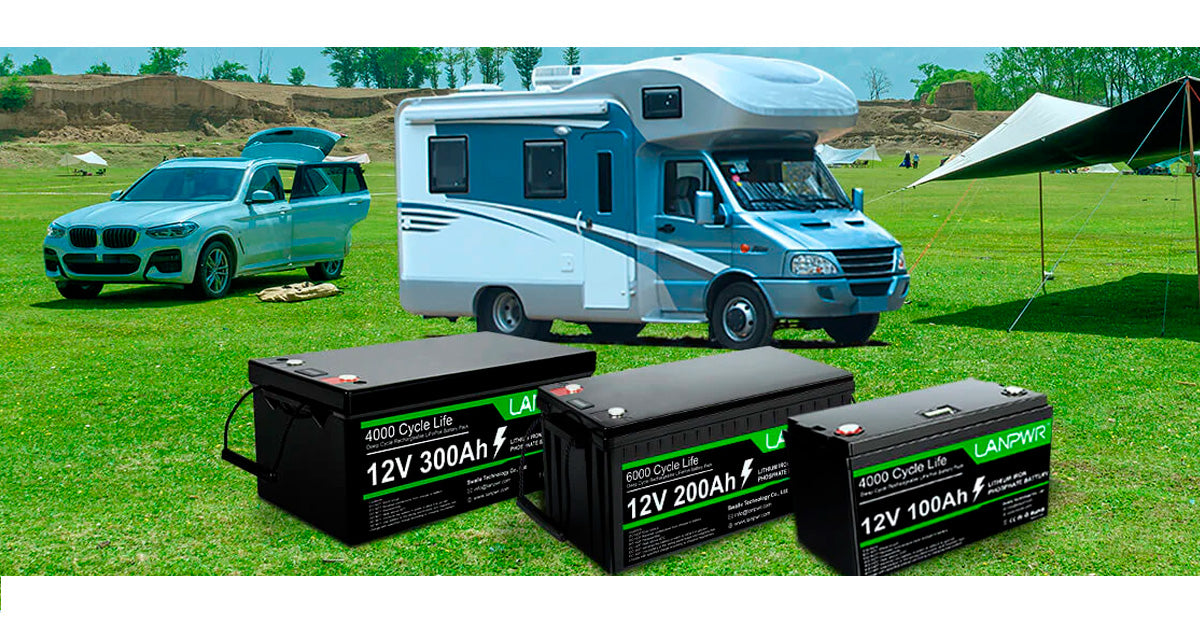
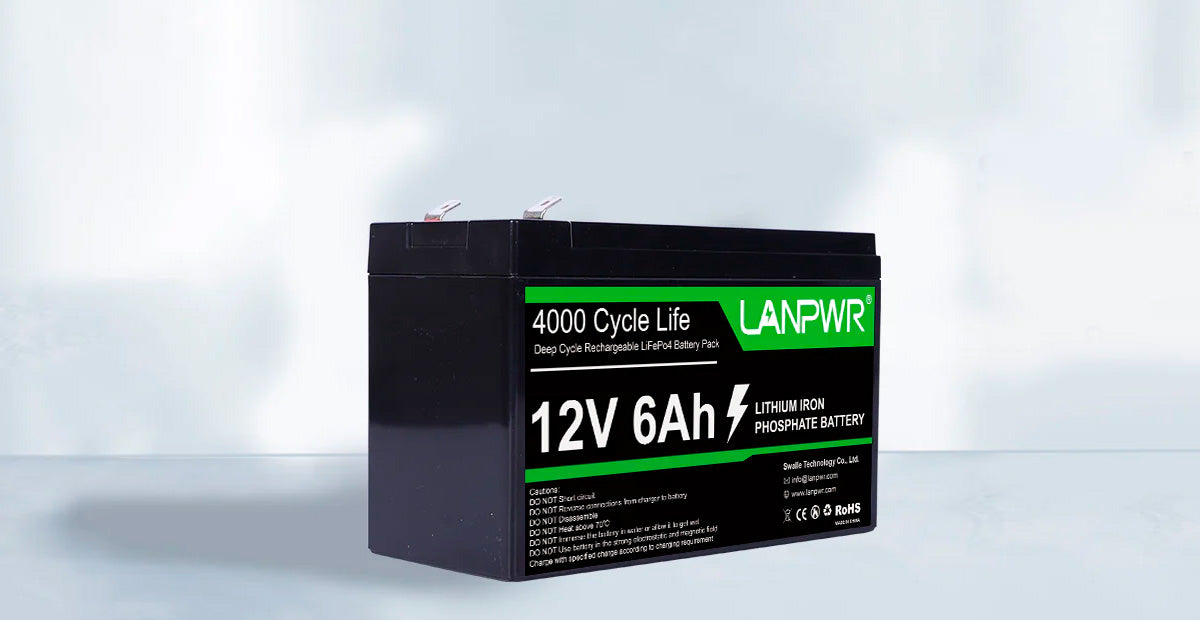
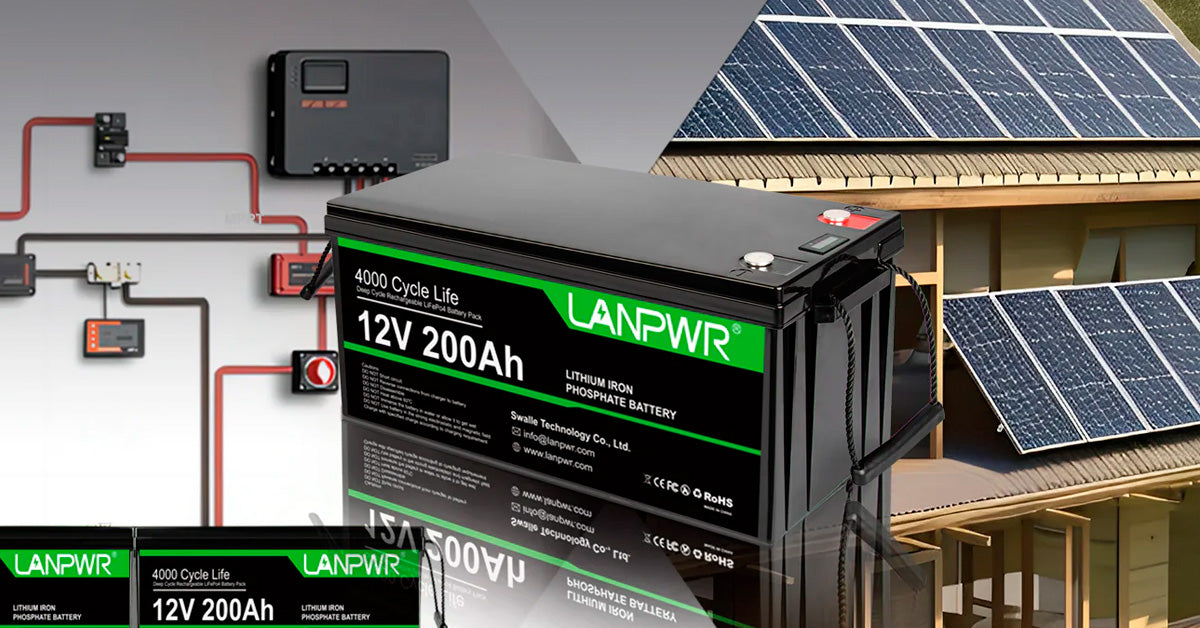


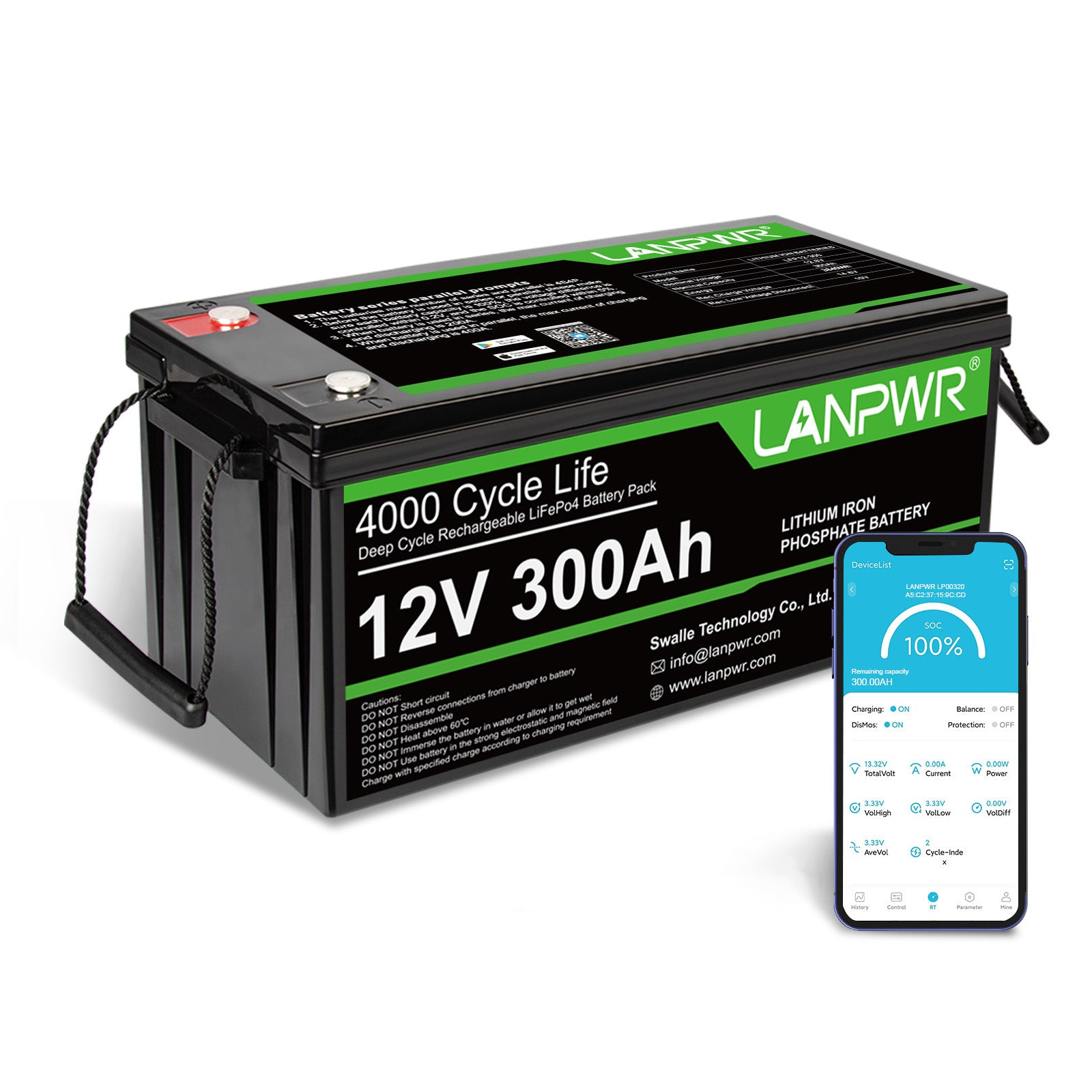

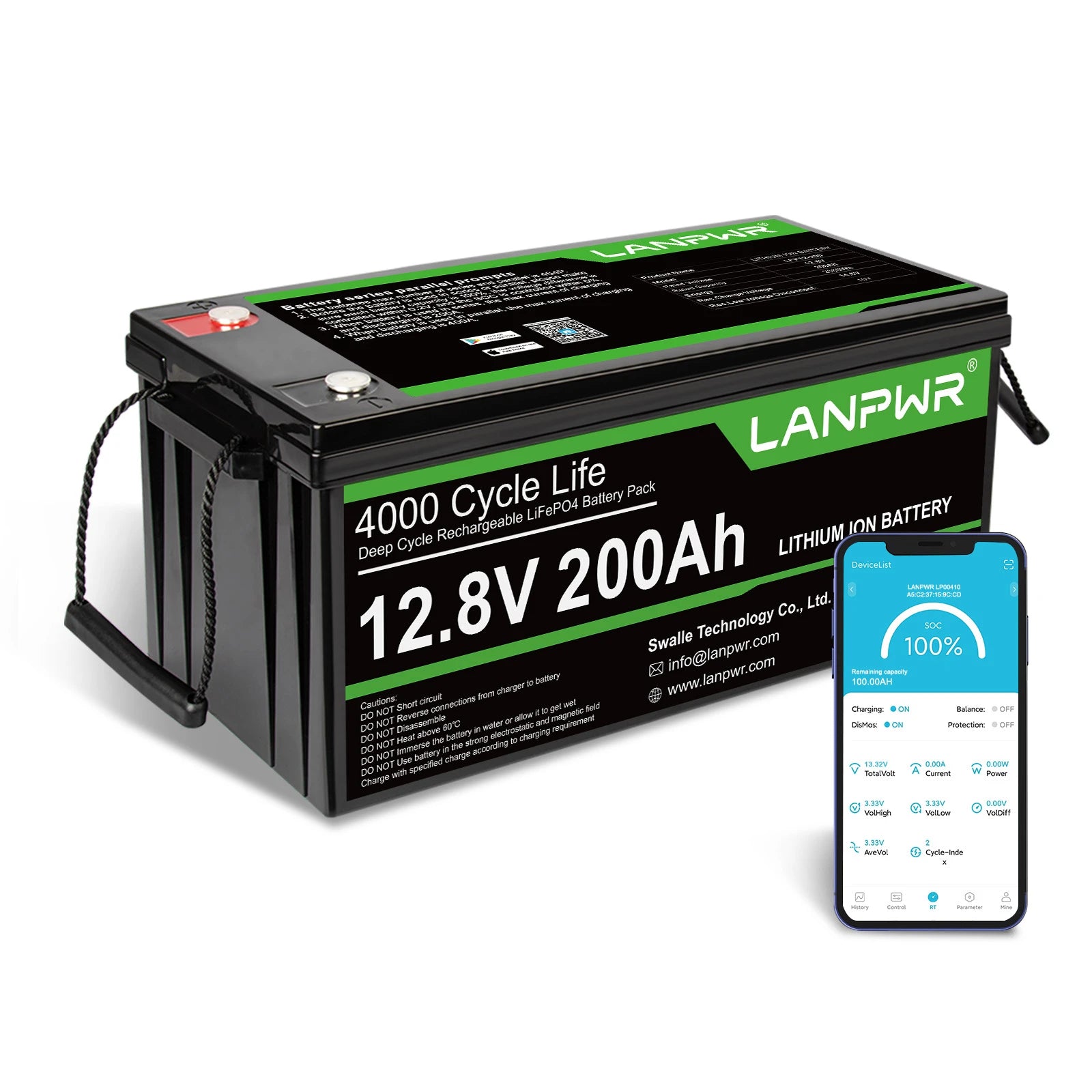
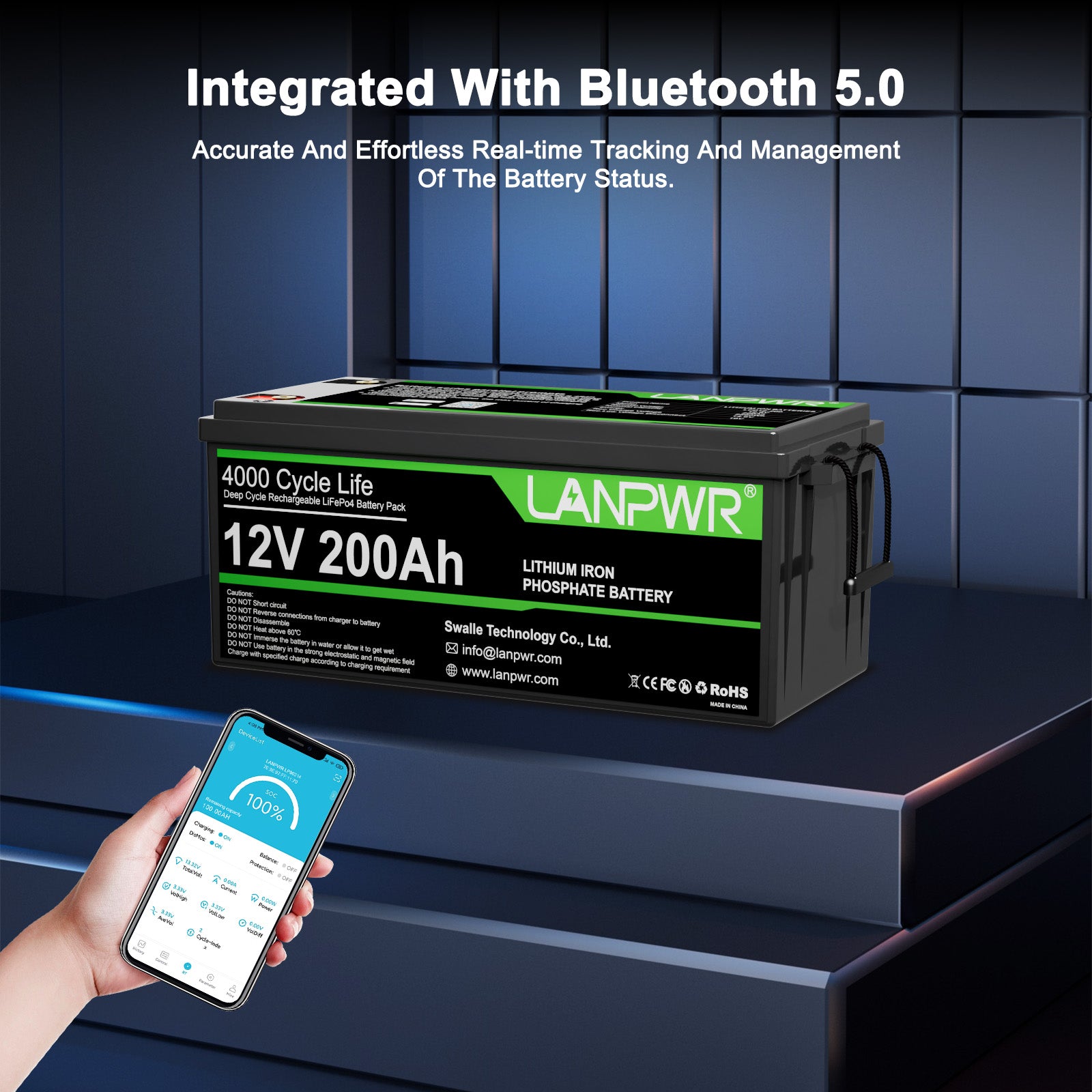
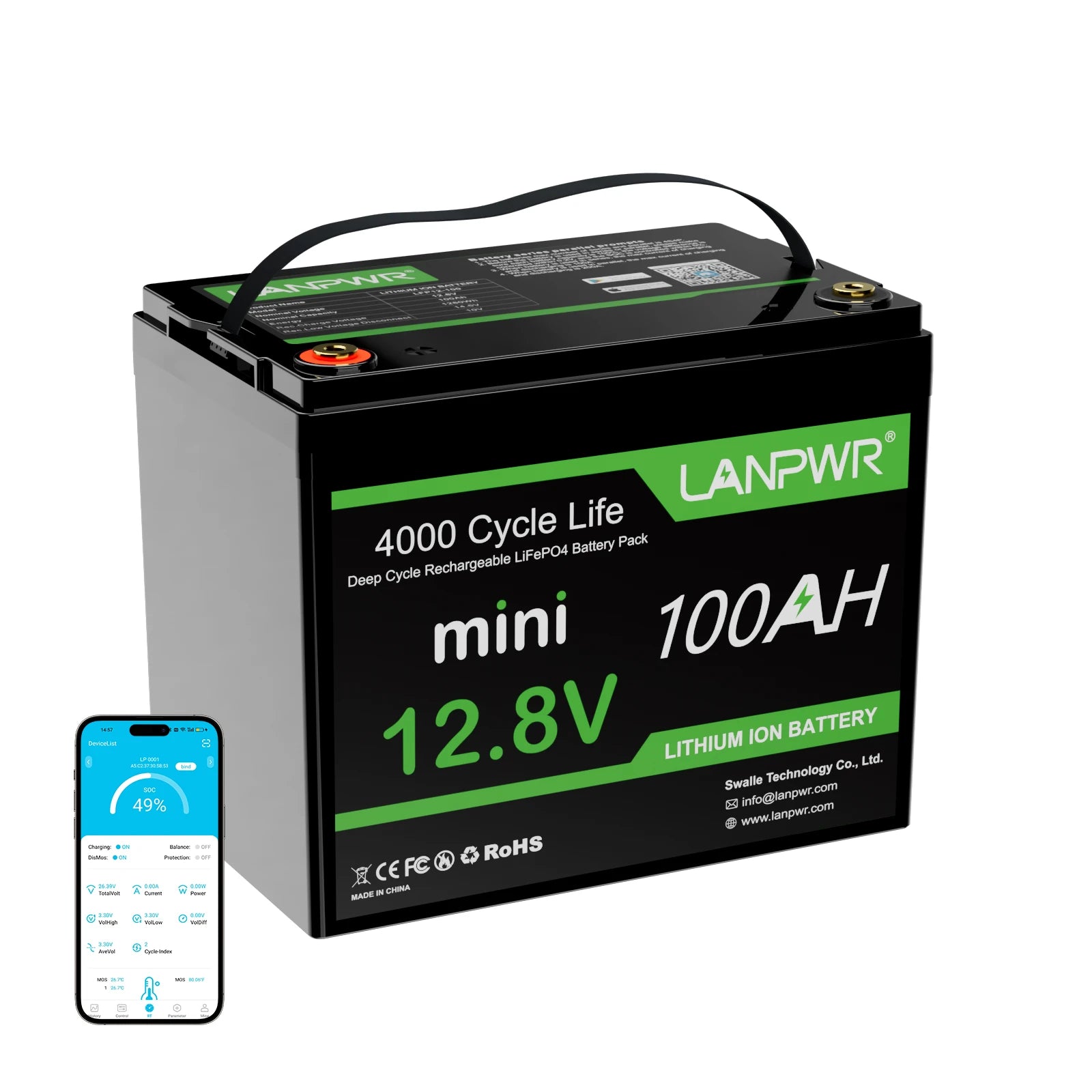

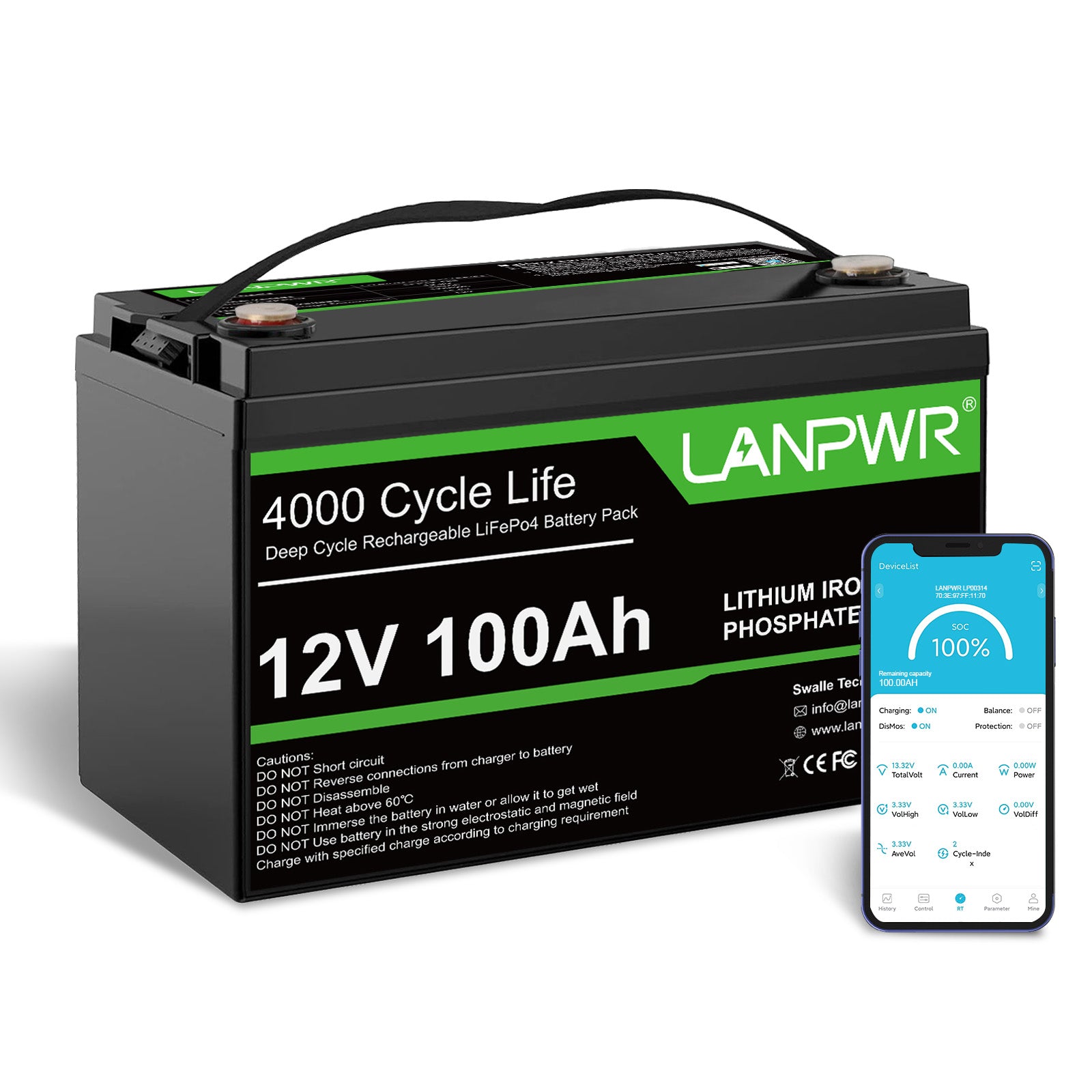

Leave a comment
This site is protected by hCaptcha and the hCaptcha Privacy Policy and Terms of Service apply.